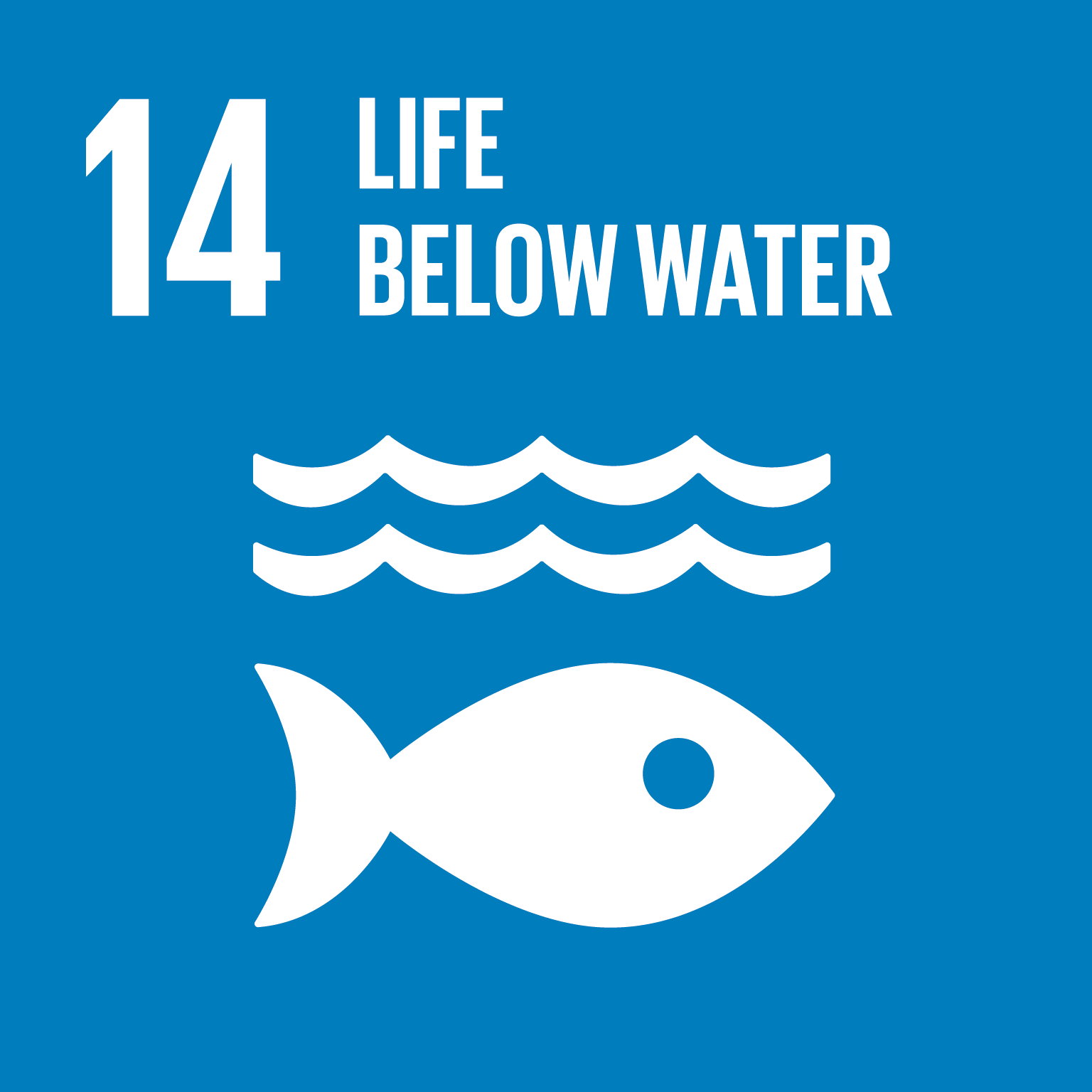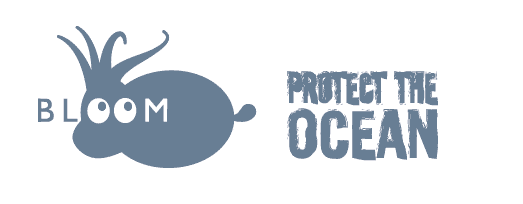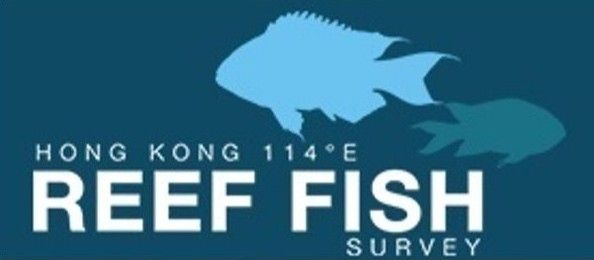Ocean series
我和珊瑚魚有個約會
Fantastic Fishes and Where to Find Them
114°E Hong Kong Reef Fish Survey
從一個漁村到一個國際金融中心,香港沒有改變的一件事是人們對海鮮的熱愛。 然而,對海產的過度需求代價高昂,導致許多地區和物種過度捕撈和完全捕撈。
From a fishing village to a major international financial centre, one thing that has not changed about Hong Kong is its people's love for seafood. However, this excessive demand for seafood has been costly, resulting in many regions and species overfished and fully fished.
在本次講座中,我們邀請了Stan Shea先生分享他對香港海洋保育的熱情以及他在114°E珊瑚魚普查中的工作。 在本次講座中了解珊瑚魚如何造福海洋,為什麼我們需要保護珊瑚魚,以及我們可以做些什麼來拯救它們。
From a fishing village to a major international financial centre, one thing that has not changed about Hong Kong is its people's love for seafood. However, this excessive demand for seafood has been costly, resulting in many regions and species overfished and fully fished.
在本次講座中,我們邀請了Stan Shea先生分享他對香港海洋保育的熱情以及他在114°E珊瑚魚普查中的工作。 在本次講座中了解珊瑚魚如何造福海洋,為什麼我們需要保護珊瑚魚,以及我們可以做些什麼來拯救它們。
In this lecture, we have invited Mr. Stan Shea to share his passion for marine conservation in Hong Kong and his work in the 114°E Hong Kong Reef Fish Survey. Learn about how reef fishes benefit the ocean, why we need to protect reef fishes, and what we can do to save them in this lecture.
廣東話 Cantonese
Write your awesome label here.
Meet the Speaker
Stan Shea
Stan Shea is a marine ecologist, an avid diver and an educator. Now, as the Marine Programme Director at BLOOM Association Hong Kong and ADM Capital Foundation, Stan spearheads research projects addressing holes in knowledge of the local live reef food fish and dried seafood trades and marine biodiversity, providing critical information to inform efforts for the conservation of marine resources and habitats.
Stan began his time at BLOOM HK in 2009, after graduating with a Bachelor of Environmental Science degree from the Oxford Brooks University and an M.Phil with The University of Hong Kong’s School of Biological Sciences on butterflyfishes. His research can be found in several report publications and peer-reviewed journals, including on topics of global trade dynamics and retail market status for various dried seafoods, local wet market surveys on live reef food fish, and discoveries of new reef fish species records for Hong Kong.In 2014, Stan co-founded the 114 ̊E Hong Kong Reef Fish Survey project to record reef fish species in Hong Kong waters through dive surveys. The data has since been used for many projects in Hong Kong, including IUCN grouper and wrasse assessments, in WWF-HK’s Marine Ecological Hotspot Map, and by the Hong Kong government to produce guidebooks on local reef fish species. In 2017, Stan became one of the editors for marine fish species forthe Hong Kong Register of Marine Species (HKRMS), acting as a gatekeeper for all new records of marine fish species for Hong Kong. He is also a National Geographic Explorer.
Stan strives to make conservation topics more accessible to people from all walks of life. His training workshops, educating audiences from sectors including corporates, government officials and schools from kindergartens to universities on marine conservation issues, have to date reached over 10,000 individuals in more than 20 countries/territories spread over 6 continents of the world. Stan believes that while we are in many cases part of the problem, we can choose to be part of the solution, and that when we take care of nature, nature will take care of us.
Stan began his time at BLOOM HK in 2009, after graduating with a Bachelor of Environmental Science degree from the Oxford Brooks University and an M.Phil with The University of Hong Kong’s School of Biological Sciences on butterflyfishes. His research can be found in several report publications and peer-reviewed journals, including on topics of global trade dynamics and retail market status for various dried seafoods, local wet market surveys on live reef food fish, and discoveries of new reef fish species records for Hong Kong.In 2014, Stan co-founded the 114 ̊E Hong Kong Reef Fish Survey project to record reef fish species in Hong Kong waters through dive surveys. The data has since been used for many projects in Hong Kong, including IUCN grouper and wrasse assessments, in WWF-HK’s Marine Ecological Hotspot Map, and by the Hong Kong government to produce guidebooks on local reef fish species. In 2017, Stan became one of the editors for marine fish species forthe Hong Kong Register of Marine Species (HKRMS), acting as a gatekeeper for all new records of marine fish species for Hong Kong. He is also a National Geographic Explorer.
Stan strives to make conservation topics more accessible to people from all walks of life. His training workshops, educating audiences from sectors including corporates, government officials and schools from kindergartens to universities on marine conservation issues, have to date reached over 10,000 individuals in more than 20 countries/territories spread over 6 continents of the world. Stan believes that while we are in many cases part of the problem, we can choose to be part of the solution, and that when we take care of nature, nature will take care of us.




